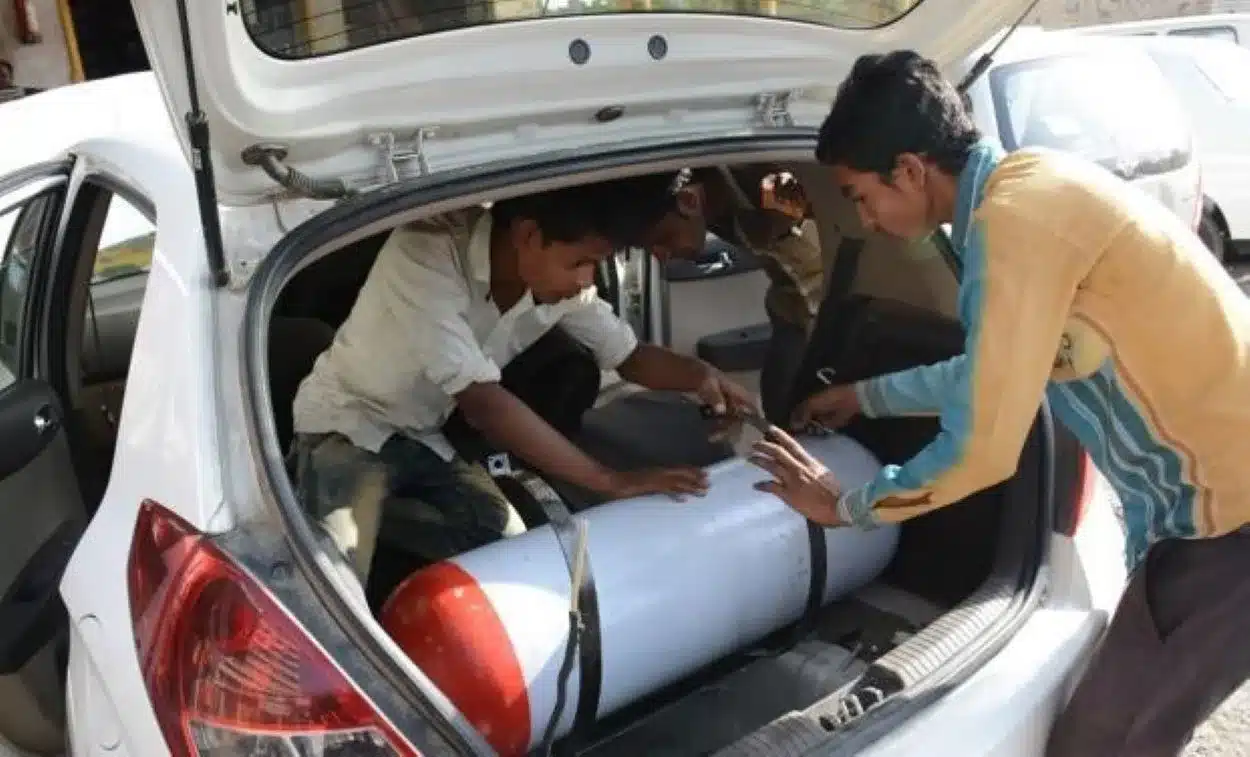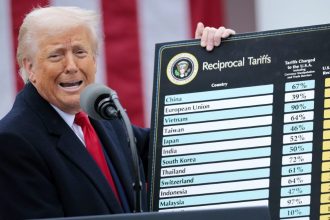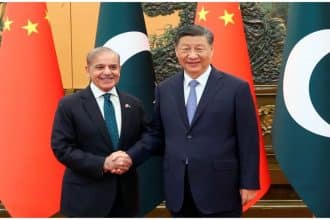In response to a series of accidents caused by the illegal use of CNG cylinders in public transport vehicles, including school vans, the transport department of Sindh has initiated a comprehensive crackdown. The department has imposed a complete ban on using CNG cylinders and has instructed provincial commissioners and relevant officials to enforce this directive strictly.
Despite previous warnings issued by the government to public transport owners regarding the illegal use of cylinders, the situation has not improved. Incidents of explosions in vehicles caused by dubious cylinders have been reported. The Karachi Deputy Inspector-General of Police Traffic, Ahmed Nawaz Cheema, stated that his department has been issuing penalties for violations related to CNG cylinder use since 2016, following a ban mandated by the apex court.
Cheema explained that action had been taken against vehicles involved in fire or explosion incidents related to cylinders in public transport. Furthermore, the home department ordered the removal of CNG cylinders from school vans, resulting in significant progress in cracking down on such vehicles by the traffic police. Presently, the number of vehicles with CNG cylinders is minimal, as people have shifted to petrol, diesel, or LPG due to the intermittent closure of CNG stations. To address this shift, directives have initiated a crackdown on vehicles equipped with LPG cylinders.
Cheema detailed the procedure for handling non-compliant vehicles: traffic sergeants take the vehicles to nearby mechanic shops or summon mechanics to the violation scene. After removing the cylinder, it is seized and transferred to the Sindh police warehouse in Naval Colony.
Following the latest orders, the Provincial Transport Authority, responsible for issuing vehicle fitness certificates, will refuse to grant certificates to vehicles equipped with CNG or LPG cylinders due to the complete ban in the province. So far this year, eight intercity buses have been penalized, with four CNG and LPG cylinders removed. Additionally, 39 school buses and vans with CNG or LPG cylinders have been issued penalties.
Between 2016 and May 2023, the traffic police department penalized 5,690 intercity buses, seizing 576 cylinders. Moreover, 7,045 school buses and vans have been fined, resulting in the seizure of 2,588 CNG and LPG cylinders. The earlier notification from the transport secretary emphasized the necessity of taking appropriate actions against the illegal use of CNG cylinders in intercity public transport vehicles and all educational institution vehicles, referencing the ban imposed by Sindh and decisions from the Supreme Court and provincial high court. As a result, the government and the Oil and Gas Regulatory Authority implemented the complete ban to ensure the safety and security of commuters and students.
It should be noted that the Sindh government had previously issued a notification on May 8, 2015, imposing a complete ban on the use of CNG in intercity public transport vehicles. An August 7, 2015, supplement extended the ban to cover all school, madrasa, college, and university vehicles. Additionally, a letter dated September 15, 2020, emphasized the illegality of installing LPG cylinders or tanks on motorbikes, scooters, and public service vehicles, including three-wheelers, buses, coaches, and wagons, due to safety concerns.
Despite forming teams headed by assistant commissioners to take action against violators in their respective jurisdictions, the district administrations have not produced satisfactory results. Rules and regulations have been established over time, but their effectiveness relies on proper enforcement and monitoring by the administration.
The letter concludes by urging immediate and stringent action against the illegal use of CNG cylinders in intercity public transport vehicles and all educational institution vehicles. It also emphasizes the need to take action against the illegal filling of public service vehicles at LPG stations and decants.







